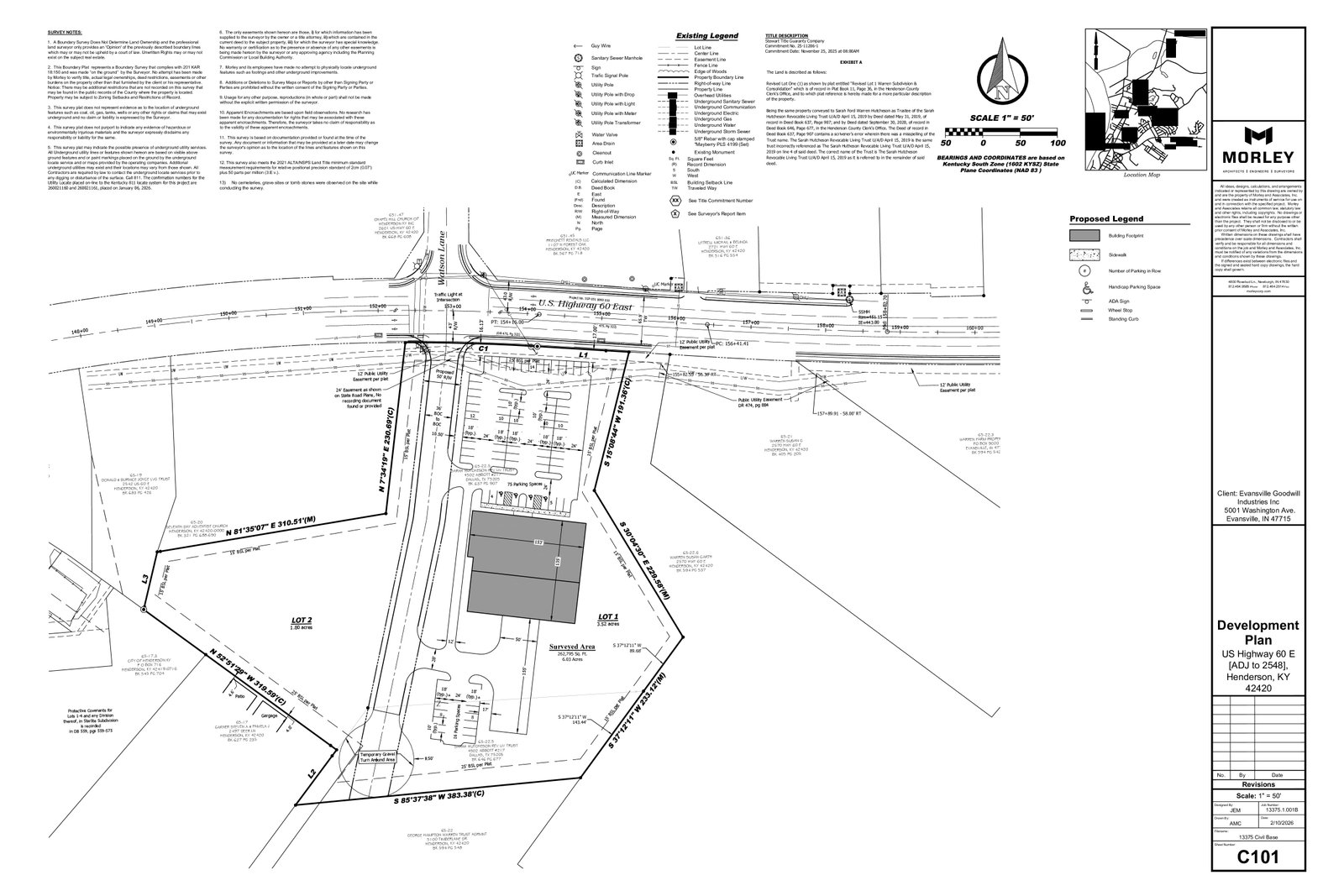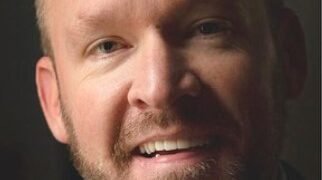With a $3 million grant from the Centers for Disease Control, Matthew 25 AIDS Services, Inc., will be able to obtain a mobile sexual health clinic and get to the people who need help.
The mobile unit will allow Matthew 25 employees to go to communities and “meet people where they’re at,” said spokesperson Rachel Trout. “We’re going to be able to help so many more people.”
The region that Matthew 25 serves includes 25 western Kentucky counties and 12 southern Indiana counties that are vastly rural with a large percentage of those needing help without access to transportation, Trout said.
A mobile sexual health unit will allow Matthew 25 staff to drive to locations in the service area, set up shop and provide testing, treatment and other services to residents, Trout said.
To an extent, Trout said, Matthew 25 has already been doing this. Trout said the organization has pop-up clinics that can be set up, but it’s not conducive to examinations and testing during weather extremes, such as heat when it’s uncomfortable to be inside. And those pop-up clinics don’t allow for as much privacy—often of great importance for their patients—as what the mobile unit will, she said.
Though the organization serves 25 counties in western Kentucky, Trout said the focus area of the services provided by the mobile unit will be a 10-county area ranging from Henderson to Barren counties. She said that’s the region that the CDC has deemed important in collecting data.
Additionally, the grant funding will allow Matthew 25 to add jobs, Trout said. Right now, the 4-clinic organization, which includes locations in Evansville, Owensboro and Bowling Green, employs 85 people, she said. Trout said Matthew 25 will initially hire two people to join their team.
According to a release from Matthew 25, the grant will also allow the clinic to:
- implement innovative prevention and treatment services. New services include include expedited partner treatment, same-day PrEP/PEP eligibility assessments and oral prescriptions, said the release. The release also said that Matthew 25 will increase its number of patients tested for sexually transmitted infections and vaccinated for Hepatitis B, Hepatitis A, HPV and Mpox. The grant will also be used to increase the numbers who receive same-day PrEP/PEP prescriptions, said the release. PrEP/PEP are medicines used to prevent HIV.
- expand outreach and education. It will enhance its patient advisory board, increase engagement with non-HIV-positive populations and provide implicit bias training for all staff members, the release said.
- address barriers to access. Special focus will be given to reducing barriers for sexual partners of individuals at risk, incarcerated persons and low-income individuals lacking reliable transportation.
The local organization is one of about 20 throughout the nation awarded a chunk of $100 million that the CDC is using for “Support and Scale Up of HIV Prevention Services in Sexual Health Clinics,” an initiative to end the HIV epidemic in the U.S., according to a notice of funding opportunity published by the CDC in November of last year.
Matthew 25 will receive $600,000 annually for the length of the 5-year grant, Trout said.
Trout said numerous employees from different departments, along with a grant writing consultant, Bolek Grant Writing and Consulting of Evansville, worked for three months compiling data, statistics and job information and writing the storytelling piece of the grant application.
She said the grant went into effect Aug. 1. And the contract to start the buildout of the mobile unit was signed Monday, Trout said.
According to its website, Matthew 25 is one of only two comprehensive HIV/AIDS services clinics in southern Indiana and western Kentucky. The other one is in Paducah.
“The support from the CDC to enhance our existing infrastructure to better serve individuals at risk for HIV and expand our comprehensive, patient-centered care model will significantly impact the communities we serve,” said Courtney Woolfork, the CEO of Matthew 25. “By focusing on prevention and accessibly in our primarily rural service area, this initiative positions us to advance our efforts in eliminating HIV/AIDS. It enables us to continue meeting our patients’ needs effectively and to improve overall community health.”




















